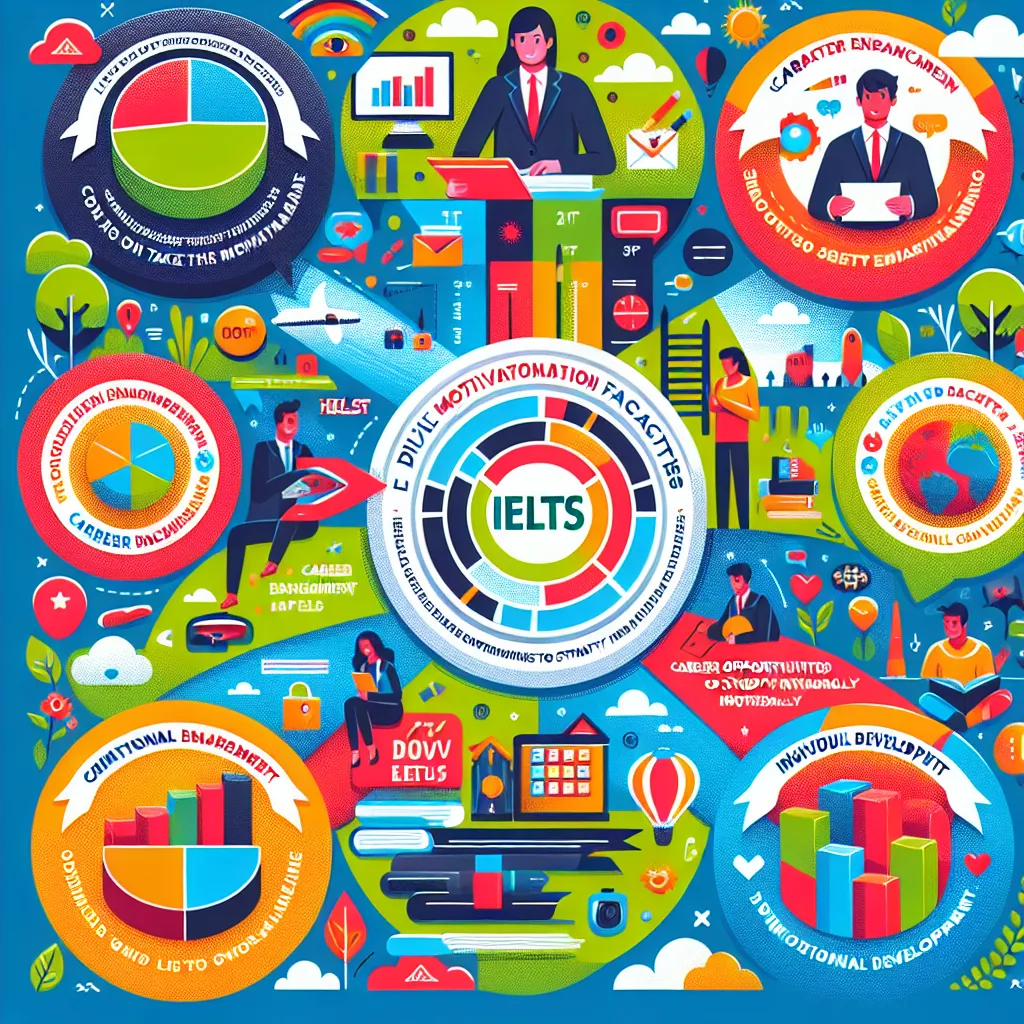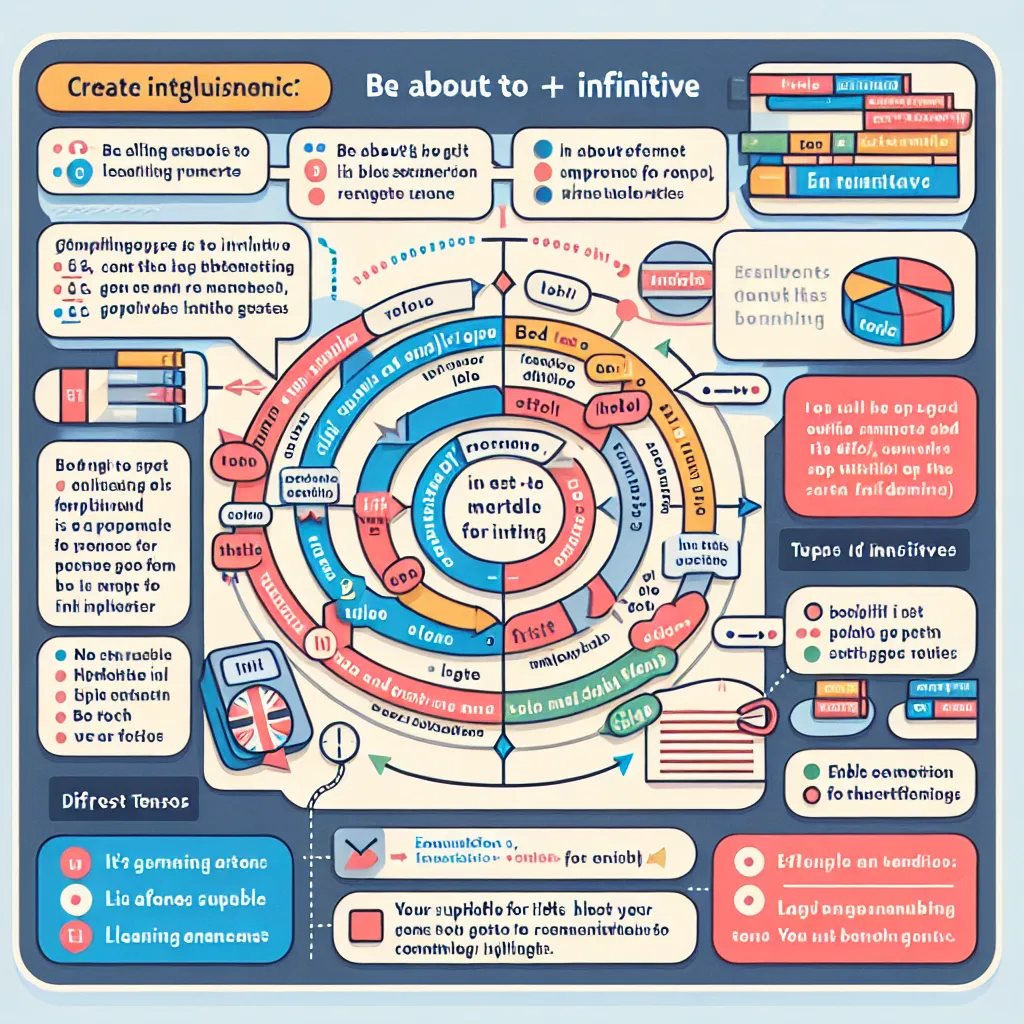The expression “be bereft of + noun” is a sophisticated and emotive phrase that can significantly enhance your IELTS performance when used appropriately. This structure appears occasionally in IELTS reading passages and can be effectively employed in writing and speaking tasks to demonstrate a high level of vocabulary and grammatical proficiency.
Nội dung bài viết
Understanding “Be Bereft of + Noun”
“Be bereft of + noun” is an idiomatic expression meaning to be deprived of something, often implying a sense of loss or lack. It’s a more formal and literary way to express the absence of something important or valuable.
Formula: Subject + be + bereft of + noun
Examples in IELTS Context:
- The rural village was bereft of basic amenities, highlighting the need for government intervention. (Writing Task 2)
- After the economic downturn, many families found themselves bereft of financial security. (Speaking Part 3)
- The dystopian novel depicted a world bereft of hope and compassion. (Reading)
- Modern urban planning often results in cities bereft of green spaces. (Writing Task 2)
- Some argue that social media has left us bereft of genuine human connections. (Speaking Part 3)
 Illustration of being bereft of something
Illustration of being bereft of something
Usage in IELTS Writing
Task 2 Essay Writing
Incorporating “be bereft of + noun” in your Task 2 essays can elevate your lexical resource score. Here’s an example paragraph:
“In many developing countries, rural areas are often bereft of essential infrastructure. This lack of basic amenities such as clean water, electricity, and healthcare facilities creates a significant disparity between urban and rural living standards. Consequently, these regions, bereft of economic opportunities, face challenges in retaining their young population, leading to a brain drain that further exacerbates their development issues.”
Task 1 Report Writing
While less common in Task 1, you can still use this structure in appropriate contexts:
“The graph illustrates that by 2030, if current trends continue, the Amazon rainforest will be bereft of 40% of its original vegetation cover. This loss of biodiversity could have catastrophic effects on global climate patterns.”
Enhancing IELTS Speaking Responses
Using “be bereft of + noun” in your speaking responses can demonstrate sophisticated vocabulary use:
Examiner: How has technology affected social interactions?
Candidate: “While technology has undoubtedly brought numerous benefits, some argue that it has left us bereft of meaningful face-to-face interactions. Many people, especially the younger generation, find themselves bereft of essential social skills as they rely heavily on digital communication. This situation, bereft of genuine human connection, can lead to feelings of isolation and loneliness.”
Common Errors and How to Avoid Them
- Incorrect verb form: “He is bereft of hope” (correct) vs. “He bereft of hope” (incorrect)
- Using with uncountable nouns: “She was bereft of courage” (correct) vs. “She was bereft of a courage” (incorrect)
- Overuse: While it’s a powerful phrase, using it multiple times in a single essay or speaking response can seem forced. Use it judiciously.
Alternatives and Synonyms
To avoid repetition, consider these alternatives:
- Devoid of
- Lacking in
- Deprived of
- Stripped of
- Void of
For example: “The region, devoid of economic opportunities, faced significant challenges.”
Achieving Higher Band Scores
To achieve a band 7 and above in IELTS, it’s crucial to use sophisticated vocabulary accurately and appropriately. “Be bereft of + noun” can help you demonstrate this skill:
Band 6 example: “The village had no basic facilities.”
Band 8 example: “The remote village was bereft of basic infrastructure, underscoring the urgent need for developmental initiatives.”
Conclusion
Mastering the use of “be bereft of + noun” can significantly enhance your IELTS performance, particularly in writing and speaking tasks. Remember to use it appropriately and in context, and practice incorporating it into your responses to various IELTS topics such as environment, technology, social issues, and urban development. By doing so, you’ll demonstrate a sophisticated command of English, potentially boosting your lexical resource and grammatical range scores.


